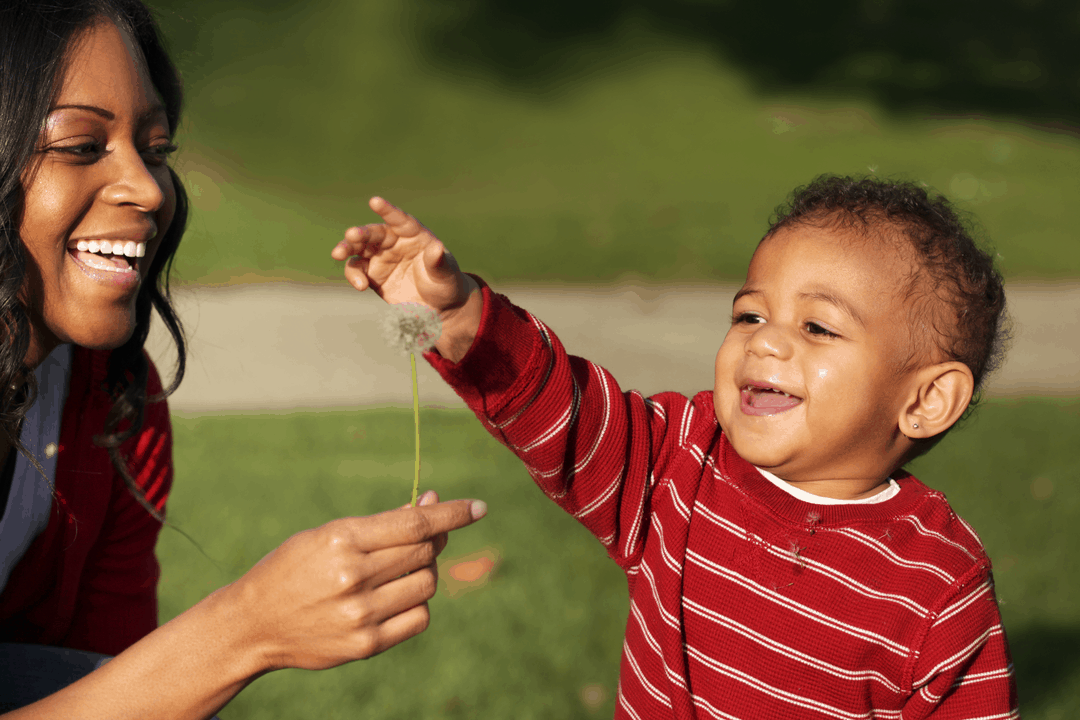For those of us who live in the northern hemisphere, spring is officially here, and that’s a reason to celebrate! I don’t know about you, but I relish the opportunity to get outside and enjoy a few moments of fresh air without having to get bundled up, feeling the tingling “warmth” of the sun on my skin. Spring always seems to bring with it a fresh sense of hope. By the way, if you haven’t had the chance to read our March blog about hope yet, I encourage you to take some time to stop by that page to rekindle yours.
As I write this post, you may be coming out of lockdown advisories, or like some places in Canada, facing a new wave of restrictions. The fact is, many of us have had to spend more time at home and indoors than we did before the pandemic interrupted our lives. As time goes on, it can be easy to fall into the habit of retreating into our familiar four walls and become complacent about getting outdoors. You probably already know about the benefits of playing outside for children, but are you aware of the advantages that spending time in the fresh air can have for adults?
Thankfully, there’s a whole lot of research on this topic. Let’s take a quick look at five benefits of taking time to be outside:
- It can boost our vitamin D. Healthy and limited sun exposure can increase our vitamin D levels, help combat depression, and protect against diseases such as cancer, heart attacks, and strokes.2
- It can lower stress and make us happier. Being in nature can lower our blood pressure, reduce cortisol (the stress hormone) in our blood, and elevate our white blood cell count.1,3,4 Natural light can put us in a better mood while spending time in nature can decrease anxiety and other negative emotions.2,3 Also, being outside often means we’re more active, which can also improve our state of mind.2
- It can help us to focus and think creatively. Studies have shown that going for a walk outside can enhance concentration, creativity, and short-term memory. 3,4
- It can improve our sleep. Spending time in the great outdoors can positively affect sleep quality and diminish sleep problems such as insomnia.3
- It can help us recover faster from illness. Researchers share that being exposed to natural light speeds up the healing process and that being in nature can reduce inflammation.1,2
The great news is you don’t have to be an “outdoorsy” type to reap the benefits of spending time outside. Thankfully, we’re not talking about signing up for an epic wilderness adventure. Instead, we can discover the opportunities to connect with nature around us in our daily lives. For example, taking lunch breaks outdoors, going for a stroll, or finding a safe green space to document between visits. There’s something about taking a moment to listen to a robin sing or watching the leaves of a tree dance in the breeze that can help you mentally decompress and prepare for your next visit or whatever else is on your agenda for the day. Even taking the time to look out of an office window onto green space can decrease stress levels.4
These are the small, simple, and free things we can do to improve our health and wellbeing and that of the parents we partner with. If you’re visiting families in person, look for opportunities to take the visit or activities outside or plan to meet at a local green space once in a while. These outdoor reprieves can benefit everyone. Or, if you’re visiting virtually, try to support parents to think about ways to incorporate safe outdoor spaces or natural environments into the visits or their family routines.
Finally, if you or a family are unable to get outside, consider ways to bring the outside world in. For example, raising blinds to let the light in, opening windows and listening to nature sounds, watching the clouds, planting seeds in pots, enjoying flowers or house plants, or encouraging children to play with water, pebbles, or other natural sensory materials.
It doesn’t matter how we connect to the outdoors, only that when we do, we’ll be able to reap the benefits.
References
1. Friedman, L. F., & Loria, K. (2016, April 22). 11 Scientific reasons you should be spending more time outside. Insider. https://www.businessinsider.com/scientific-benefits-of-nature-outdoors-2016-4
2. Harvard Health Publishing. (2010, July). A prescription for better health: Go alfresco. https://www.health.harvard.edu/newsletter_article/a-prescription-for-better-health- go-alfresco
3. Ontario Parks. (2020, October 10). Mental health benefits of the outdoors. https://www.ontarioparks.com/parksblog/mental-health-benefits-outdoors/
4. Sprouse, S. (n.d.). 10 Reasons why being outside is important. Ask The Scientists. https://askthescientists.com/outdoors/
About the Author

Melissa Weekes is a Product Development Specialist. Prior to joining Great Kids® in 2018, she worked as a home visitor with Public Health Services where she used the Growing Great Kids® Curriculum. Melissa lives in Nova Scotia, Canada, with her husband and enjoys any opportunity to be creative!


